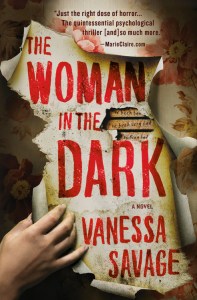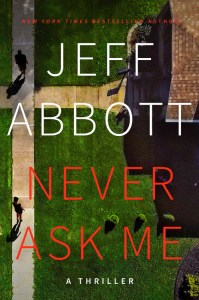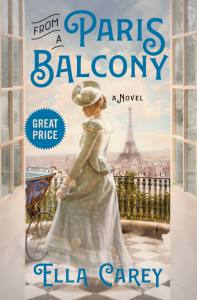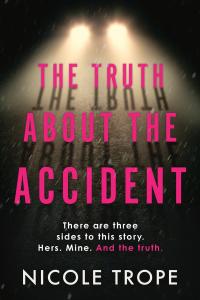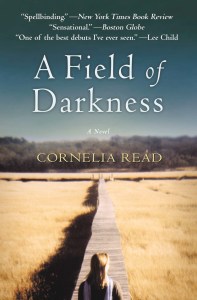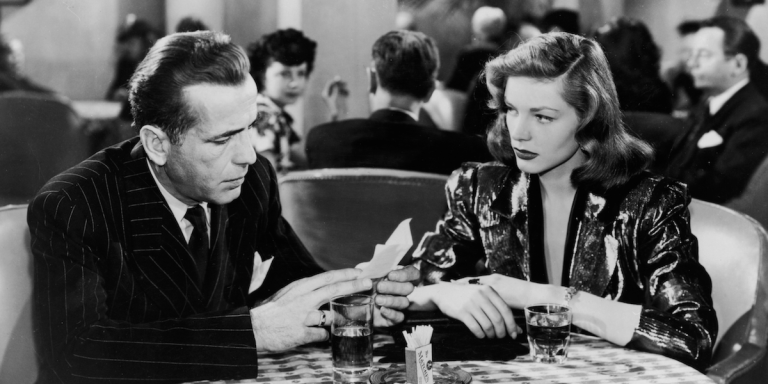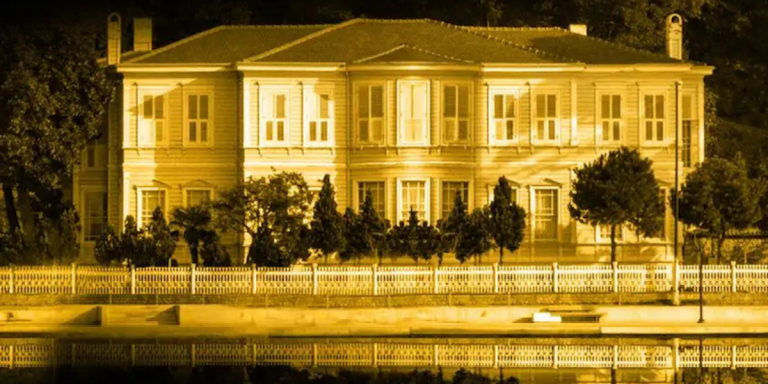Pall in the Family: Family Sagas in Crime Fiction

Every family has some skeletons in the closet–sometimes in the most literal sense.
Family sagas have provided material for countless mystery and thriller novels, and the darker the better.
Think of how many crime novels or true-crime documentaries have, as their basic plotline, something to the effect of “My dad’s sister went missing on the night of her junior prom,” or “Great-Uncle Amos walked out of the bar on a Saturday night and he was never seen alive again,” or “The Jones family had the perfect life, according to the neighbors. Until that one fateful day when everything came crashing down on them.”
There is something gripping about the idea of a tragedy casting a long shadow over a family down the generations, even well after the people originally involved have died. This applies to whether the family was the victim of a crime or accident, or if someone in the family was the perpetrator.
Literature is full of family conflicts and shocking secrets, and these conflicts often lead to murder. Look at Greek mythology and drama, especially the tragedies. (I often joke that if family counseling had existed in ancient Greece, Sophocles and Euripides would have been out of a job.)
The Bible has several stories of family betrayal and murder. There is the murder of Abel by his brother Cain. There is also the story of Jacob tricking his father Isaac into blessing him as the heir, rather than Isaac’s elder son Esau. However, the two brothers were eventually reconciled, though after much conflict and hardship.
Look at Shakespeare: in Hamlet, there’s a murder before the play even begins. With Romeo and Juliet, conflict between two feuding families leads to a series of deaths.
It continues to this day through novels, movies, plays, and television shows: soap operas have levels of familial backstabbing and intrigue that would have impressed the Greek tragedians.
What is it about family dramas that make them so compelling in crime fiction?
It could be for any number of reasons. One of them, I believe, is that families are supposed to be one of the strongest basic units of society: people connected by blood, marriage, and adoption, obligated to love and support one another. A crime, a betrayal, or a terrible scandal can cause lasting damage that may never completely heal.
A tragedy in the past becomes a topic that leads to an uncomfortable silence at the dinner table a generation later, or a child wondering why their parents or grandparents seem unusually sad or angry about something. The trauma of the original event is passed down through the generations, to children who don’t remember what happened but are affected all the same. The opportunities for storytelling and character exploration in these situations are endless.
Kate Morton’s novels, such as The Forgotten Garden or The House at Riverton, often begin at some point well in the past, anywhere from fifty years to a century or more. In some books, someone will be a witness to some terrible event they were not meant to see, and that person keeps that secret for a long time. It often falls to that person’s descendants to figure out what originally happened and why.
Mario Puzo’s The Godfather adapted into the award-winning 1972 film of the same name, is a family drama in rather more ways than one. Not only does it involve the many complex conflicts within the Corleone family, but it follows the often deadly rivalries between the Corleones and the other crime families in New York.
A long-held family secret, once unearthed, has the prospect to completely change how family members see each other and get along with each other. A beloved parent or relative who was the pillar of the community may turn out to be a horrible person. A seemingly faithful and loving spouse may have been carrying on an affair. Or, conversely, someone who was the “black sheep” of the family may have been unjustly accused or vilified.
Take a look at some of these mysteries and thrillers that involve families dealing with the fallout of crime, scandal, and hidden secrets.
By clicking 'Sign Up,' I acknowledge that I have read and agree to Hachette Book Group’s Privacy Policy and Terms of Use
What to Read Next
Erin Roll is a freelance writer, editor, and proofreader. Her favorite genres to read are mystery, science fiction, and fantasy, and her TBR pile is likely to be visible on Google Maps. Before becoming an editor, Erin worked as a journalist and photographer, and she has won far too many awards from the New Jersey Press Association. Erin lives at the top floor of a haunted house in Montclair, NJ. She enjoys reading (of course), writing, hiking, kayaking, music, and video games.
